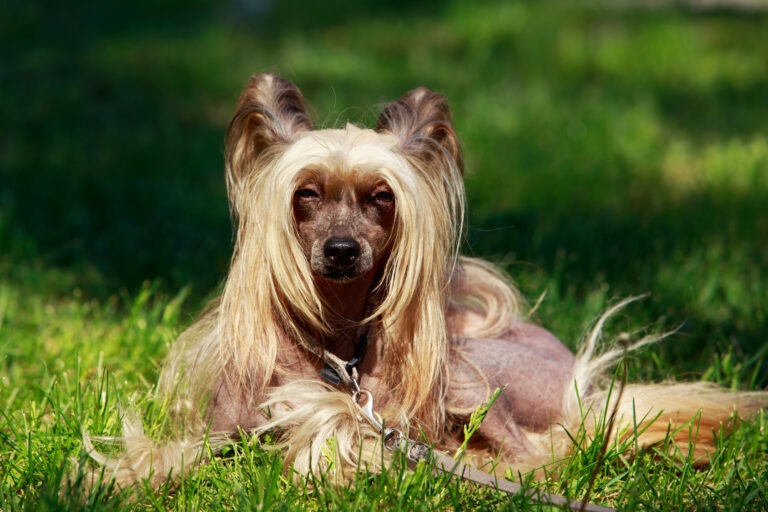Have you ever explored the fascinating world of mixed-breed dogs? In this article, we’re introducing you to eight of the sweetest mixed-breed dogs that might not be as well-known. These adorable furballs each have their own unique traits that make them true gems of the dog world. From charming Corgipoos to playful Pomskys, prepare to be enchanted by their one-of-a-kind beauty!

Corgipoo
A delightful mix of Welsh Corgi and Poodle, the Corgipoo charms with its adorable appearance and lively personality.


Pomsky
A cross between a Pomeranian and a Husky, the Pomsky wins hearts with its fluffy coat and playful nature.


Shih-Poo
These cute dogs are a blend of Shih Tzu and Poodle, known for their affectionate nature and gentle expressions.


Cavachon
The Cavachon, a mix of Cavalier King Charles Spaniel and Bichon Frise, is a true sunshine with its friendly disposition and fluffy coat.


Mops Boston Terrier Mix
The Pug-Boston Terrier mix, combining the Boston Terrier and Pug, is an energetic bundle of joy that radiates cheerfulness.


Doxiepoo
These fun dogs blend the best traits of Dachshunds and Poodles, known for their lively personalities and loyalty.


Bernedoodle
The Bernedoodle, a cross between a Bernese Mountain Dog and a Poodle, is not only stunning but also extremely loyal and loving.


Chiweenie
A mix of Chihuahua and Dachshund, the Chiweenie impresses with its small stature and big heart.

Are Mixed-Breeds Really Healthier?
As dog lovers, we often wonder about the health of our beloved pets. The idea that mixed-breed dogs are generally healthier than purebred dogs is widespread and contains some truth, but also nuances worth considering.
Firstly, mixed-breed dogs often benefit from greater genetic diversity. Crossing two different breeds can balance out genetic defects or diseases that are more common in a specific breed. This can help reduce the risk of certain hereditary conditions.
On the other hand, mixed-breeds may also face health challenges. For example, they could be more susceptible to environmental factors that are harder to predict due to their diverse genetic makeup. Additionally, mixed-breeds can inherit genetic traits or conditions from both parent breeds, leading to specific health issues.
Ultimately, it’s important to emphasize that a dog's health is not solely determined by its breed. Proper care, a balanced diet, regular veterinary check-ups, and adequate exercise are crucial for all dogs, regardless of their lineage.
So, are mixed-breeds really the healthier dogs? It’s more complex than it might seem at first glance. Every dog is an individual with its own genetic background and life circumstances. More important than the breed is the loving care we provide our furry friends.








